Written by The Bridge Church Tech Director Andy Boettcher
Easter is my favorite holiday. There are many reasons for this––the celebrations, the renewed excitement in worship, the gradual welcome of warm weather in spring. Over the last few years, though, Easter has become my favorite holiday due in large part to the fact that I need to hear the story of Jesus’ resurrection over and over again. I need to be reminded that it is true.
With Easter as my favorite holiday, it is probably not much of a surprise that one of my favorite passages in Scripture is Luke 24:13-35. This is the scene in which the risen Jesus appears to two disciples as they are on their way from Jerusalem to Emmaus.
Luke begins the story by telling us that these disciples were discussing the events of the past few days when Jesus came and began walking with them. However, the disciples “were kept from recognizing him.” (v. 16)
When Jesus asks them what they have been discussing, the disciples explain the situation to him. There was a powerful prophet named Jesus, they tell him, and they had hoped that he would redeem Israel. Sadly, however, he had been crucified. It had been three days since he had been killed, but apparently his body was missing; some of the women who had followed Jesus had been to his tomb early that morning and seen a vision of angels who said he was alive!
When I read how the disciples––who have clearly not accepted the reality of the resurrection yet––describe this to the resurrected Jesus himself, it always brings a smile to my face. This may just be the best usage of irony in history.
Jesus replies, “How foolish you are, and how slow to believe all that the prophets have spoken! Did not the Messiah have to suffer these things and then enter his glory?” (v. 25-26)
In other words, Jesus was asking them, “Don’t you remember the stories?” Seeing that they apparently did not, “beginning with Moses and all the Prophets, he explained to them what was said in all the Scriptures concerning himself.” (v. 27)
These two disciples needed to hear the stories again. While they were still blind to the one who was teaching them, their minds were being opened to the ultimate reality of the story that is at the heart of all of history.
Isn’t it interesting to consider that these disciples were given this information before they were enabled to recognize Jesus? Among other things, maybe part of the reason this story is recorded in Scripture is to remind us that even when we don’t recognize his presence, Jesus is walking with us through every season of our lives––and maybe he is doing something during our darkest days that we won’t be able to understand until we see it with the benefit of hindsight.
This was certainly the case for these disciples. It was only once they sat down with Jesus at a table to break bread together that their eyes were opened to recognize him. Jesus, now visible to them as their risen Savior, then suddenly disappeared from before them. The disciples looked at each other and said, “Were not our hearts burning within us while he talked with us on the road and opened the Scriptures to us?” (v. 32)
Despite the fact that they had already traveled such a great distance, the next verse tells us that the two disciples got up right away and set off to return to Jerusalem to reunite with the other disciples. Jesus had risen from the dead––there was no time to waste!
As with any story from Scripture, I think there is much that we can glean from this text. Frankly, there is much more than I could hope to touch on in this short devotional. But I want to leave you with a few thoughts to consider here at the beginning of the season of Eastertide.
We at The Bridge have not typically followed the liturgical church year, but we wanted to take time this year to reflect on the season of Lent and the practices that characterize it leading up to Easter. I hope that this has been a fruitful season for our community and helped us to see Lent, Good Friday, and Easter in a new light. Since we concluded the series with Easter Sunday, though, I thought it would be worth acknowledging that for those churches that do follow the liturgical year, Easter is actually the beginning of another season––Eastertide––and not simply a single day.
We have spent several weeks “walking with Jesus” on the path that leads to the cross and then the empty tomb. This is the pattern of Lent, and it is a pattern we benefit from repeating year after year. Yet, we do not stop walking with Jesus once we’ve acknowledged that he has risen. Instead, we continue onwards, walking with the risen Jesus, remembering that he is who he said he is. We return to the story again and again for reminders of the hope we have. And we are reminded that Jesus is most fully recognized when we commune with him. The bread broken between Jesus and the two disciples in this story reminds us of the symbolism of the Last Supper and Jesus’ body broken for us. But it also reminds us that Jesus was fully known when he sat down at a table with his friends, and one day we who know him as our Savior will get to experience everlasting communion with him.
I see in this story the beautiful, shocking way that the news of the resurrection transformed the first people who heard of it. I see the hope of new creation dawning on those who felt they’d been left in darkness. And I see Jesus walking with people who could not wrap their heads around what God was doing until they were ready to sit down with him to see for themselves that the stories were true all along.
May we continue to celebrate Jesus’ resurrection beyond just the day of Easter. May his victory over sin and death fill us with hope as we anticipate eternal life with him. And finally, may we continue to walk with Jesus in this and every season.
Andy Boettcher
Photo: “The Road to Emmaus” by Claes Moeyaert












